’Red line’: US’ dangerous ploy against China
The US has quietly been doing the very thing Beijing warned it not to do or risk all out war. Now it could be all the excuse China needs for invasion.
Taiwan is getting ready to fight on the beaches, fight on the landing grounds, fight in the fields and streets. Or so the US hopes.
It’s all part of a “porcupine strategy” conceived under former president Donald Trump. And it aims to make the prospect of invading the island democracy of 24 million unpalatable to Beijing. It’s the very definition of “deterrence”.
But it’s a dangerous game — and it’s one where a “red line” has already been crossed.
The Chinese Communist Party (CCP) says the presence of any US troops on the last unconquered outpost of the deposed Republic of China (ROC) would be an immediate trigger for war.
But US troops have been there since at least 2008 with special forces troops scouring Taiwan’s shoreline, searching for locations from which to ambush an invading force. They’ve also been training Taipei’s military on how to use US-supplied equipment.
They’ve been attempting to raise the physical and material cost of an all-out assault.
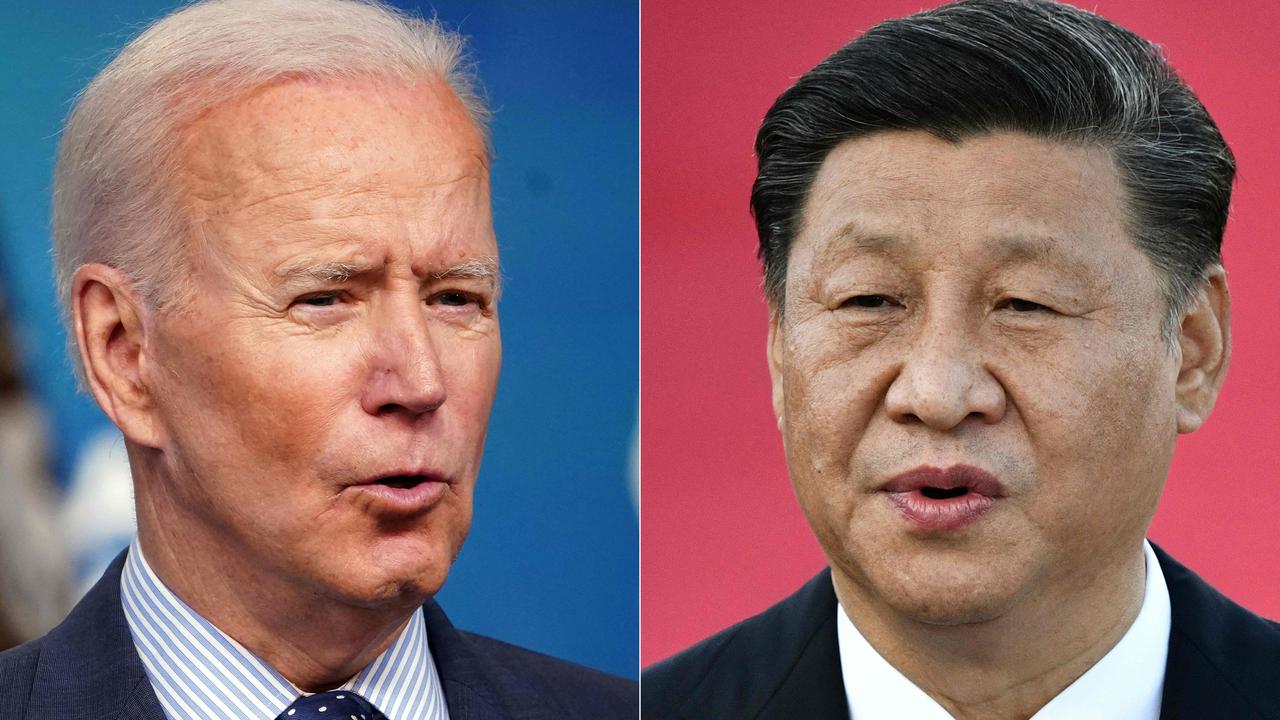
But is the island democracy worth fighting for?
“Taiwan is not a vital Australian interest. We have no alliance with Taipei,” former Australian prime minister Paul Keating told a National Press Club luncheon on Wednesday. “There is no piece of paper sitting in Canberra which has an alliance with Taipei. We do not recognise it as a sovereign state – we’ve always seen it as a part of China.”
But our key ANZUS alliance partner, Washington, sees things differently.
US President Joe Biden upset the applecart last month when he said D.C. would rush to Taiwan’s aid if China attacked. His Secretary of State, Antony Blinken, backed that up on Wednesday when he said: “We’re not alone in this determination to make sure that we preserve peace and stability in that part of the world.”
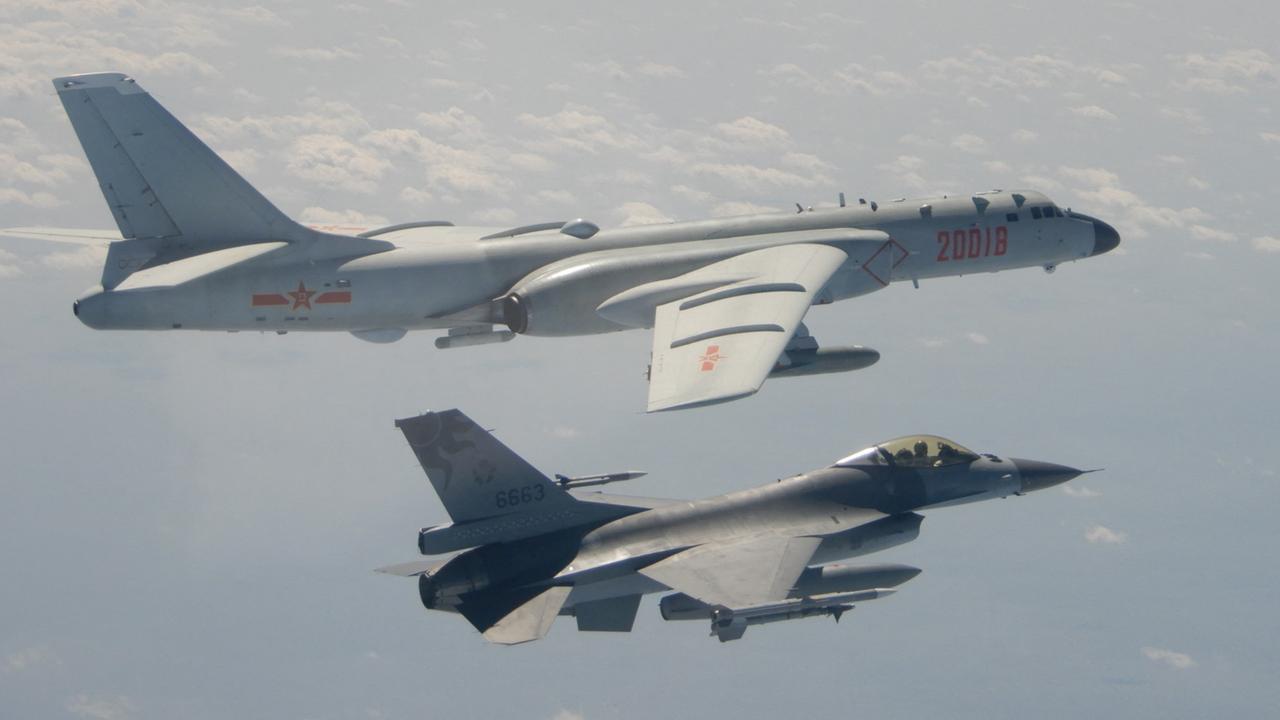
2027 deadline for invasion
In March, the outgoing commander of US military forces in the Pacific, Admiral Philip Davidson, dropped a bombshell when he told the US Senate that China planned to attack Taiwan “in the next six years”.
This statement sent shockwaves through international and military communities. Many have embraced the alarm. Others consider it baseless.
One argument focuses on Chairman Xi’s desire to establish a legacy for his rule and his goal of “national rejuvenation” by 2027.
“Although Chinese President Xi Jinping clearly seeks to bring Taiwan to heel, and by force if necessary, he also continues to promote ‘peaceful reunification’ as Beijing’s preferred means,” notes RAND senior defence analyst Derek Grossman.
“Xi likely would have toughened up his language by now if he thought war was a real possibility. Rather, Xi has moved to quiet speculation of a potential attack by tamping down rumours on Chinese social media that Beijing has mobilised PLA reserves and instructed civilians to stockpile food.”
Another argument is that China’s rapidly expanding naval forces do not include enough amphibious assault ships to establish a beachhead. CCP-controlled media, however, recently answered this critique by boasting how the nation’s fleet of civilian ferry ships has been built to military tolerances (i.e. able to carry tanks) for just such a purpose.
The Pentagon’s 2021 Annual Report to Congress on China, released last week, walks a fine line balancing both arguments.
“An attempt to invade Taiwan would likely strain PRC’s armed forces and invite international intervention,” it reads. “These stresses … make an amphibious invasion of Taiwan a
significant political and military risk for Xi Jinping and the Chinese Communist Party.”
It does, however, detail how Beijing has escalated its “diplomatic, political, and military pressure against Taiwan” since 2020.
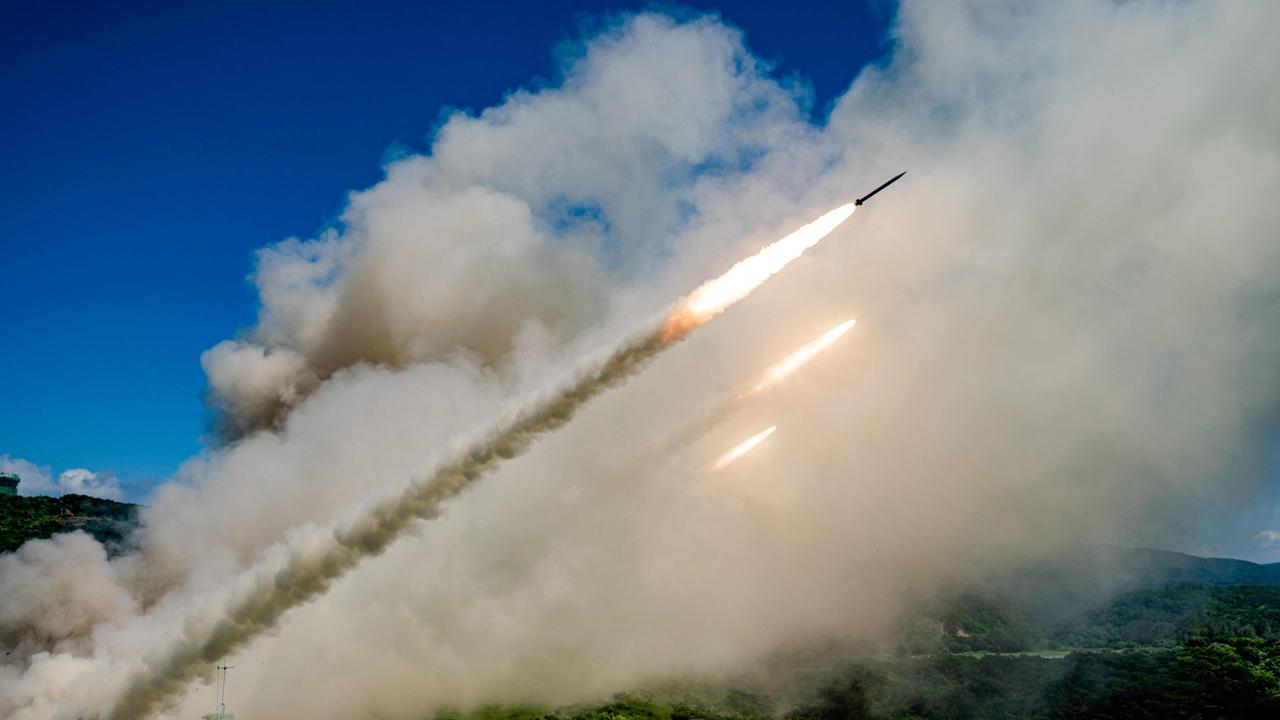
Mr Grossman, however, notes one point of comparison.
“It is also fair to note that as egregious as Chinese behaviour versus Taiwan has been over the last few years, Beijing has actually pulled its punches compared to what it could have done by now. For example, during the 1995–96 Taiwan Strait Crisis, Beijing lobbed ballistic missiles near Taiwan – a highly provocative measure that it is yet to repeat.
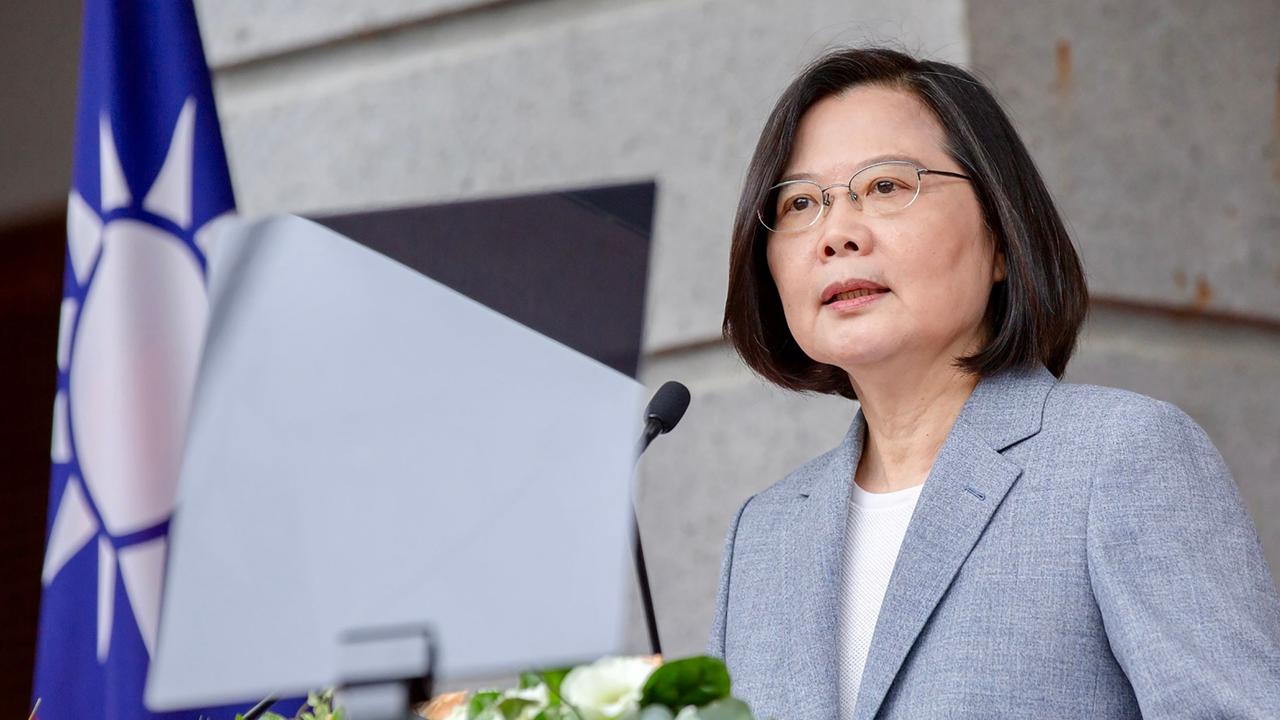
Trip wire
“The United States should be aware that no matter what threats it makes or forces it employs, the reunification of Taiwan with the motherland is inevitable,” an anonymous editorial in the Communist Party-controlled China Daily news service asserts.
“Trying to prevent it will only increase the chances of dragging itself into a military clash with the Chinese mainland.”
Taiwan first officially confirmed the presence of US troops last year.
A statement from Taiwan’s Naval Command declared: “To maintain regional peace and stability, the military and security co-operation and exchanges between Taiwan and the US are proceeding normally.”
Foreign Policymagazine says data analysis of official Pentagon reports identified the presence of US troops as being stationed on Taiwan as long ago as 2008, under President George W. Bush’s administration.
It’s not a formidable force.
In June, the Foreign Policy report states, the total presence on the island included 30 soldiers and 15 Pentagon civilians supported by 23 Marines. The number of special forces troops engaged in training and planning, however, could not be determined.
“The shift under former US President Donald Trump – which has continued under his successor, Joe Biden – has seen the deployment of more US troops, including Special Forces, not only to train the Taiwanese on hardware acquisitions but to help them prepare for scenarios that include repelling Chinese landings, according to two people familiar with the deployment,” says Foreign Policy.
“US troops working out of the American Institute in Taiwan, the de facto American embassy in the country, have been conducting beach walks with the Taiwanese for years to help pinpoint areas to fortify against Chinese landings.”
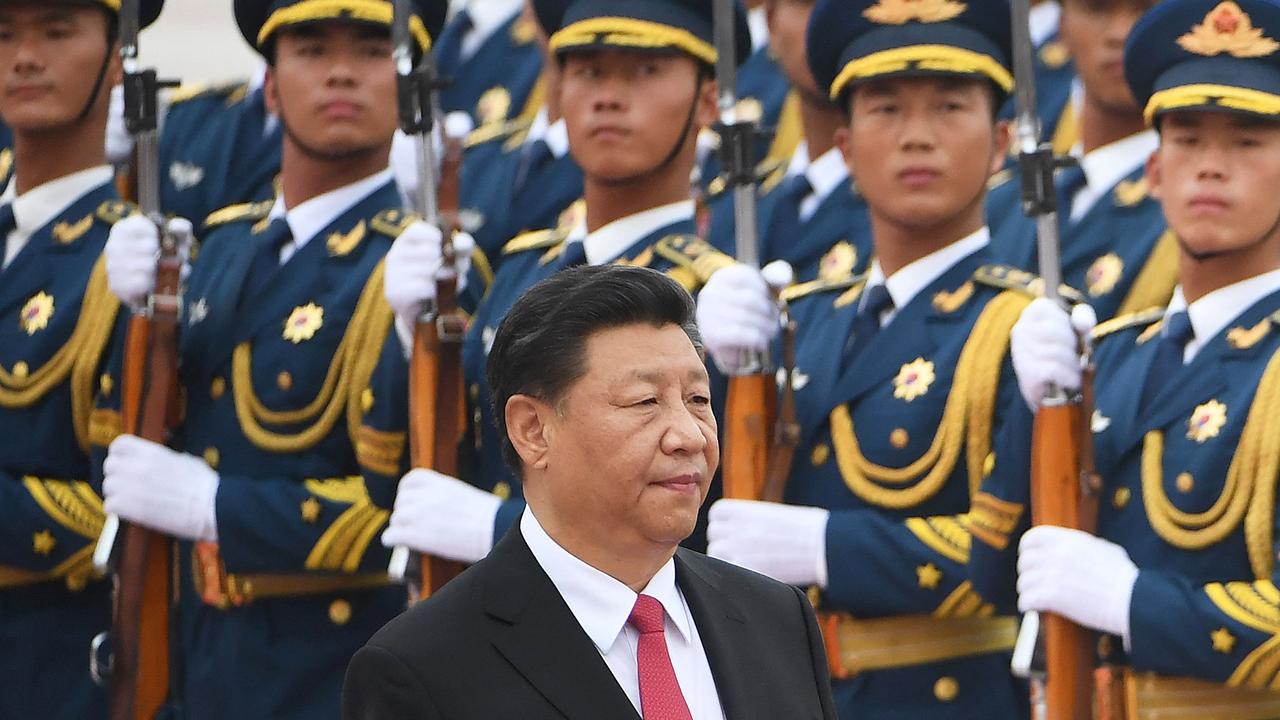
‘Front porch’
“The US military presence on the island is part of an effort stretching over several administrations to bolster Taiwan’s ability to fight off any potential Chinese invasion, but it also risks further inflaming tensions between Washington and Beijing,” argues Foreign Policy Pentagon analyst Jack Detsch. “US and Taiwanese policymakers are already wary of a Chinese lunge across the Taiwan Strait sometime this decade.”
Mr Keating dismisses talk of a Beijing-based invasion threat. “The only time the Chinese will attack or be involved in Taiwan is if the Americans and the Taiwanese try and declare a change in the status of Taiwan,” he asserted.
Taiwan, he said, is already part of China. But he didn’t directly address Beijing’s claim over the entire South and East China Seas.
Important speech today by former dear leader and Grand Appeaser Comrade Keating where he talks down Australia (yet again)🙄
— Peter Dutton (@PeterDutton_MP) November 10, 2021
“China wants its front doorstep and its front porch, that is Taiwan, its sea, it doesn’t want American naval forces influencing that. It wants access out of its coast into the deeper waters of the Mariana Trench in the Pacific. That’s what it’s about fundamentally,” Mr Keating said.
But Taiwan, Vietnam, the Philippines, Japan, Malaysia, Indonesia and Japan appear to be standing in its way.
Mr Biden last month said the US and its allies would only take “action” if China was to use force to alter the “status quo”.
On Wednesday, Mr Blinken expanded on that position, saying: “There are many countries, both in the region and beyond, that would see any unilateral action to use force to disrupt the status quo as a significant threat to peace and security.
“They too would take action in the event that that happens.”
Australia’s Defence Minister, Peter Dutton, said late last month that he would see “what the American response was”, adding that “we obviously have an alliance with the United States”.
Last month, Taiwan’s President Tsai Ing-wen upped the stakes further by mentioning the unmentionable presence of US troops. Beijing affected outrage.
This week, it repeated that sentiment in response to Mr Blinken’s reaffirmation of Washington support for Taipei.
“Although the secessionists on the island are trying to figure out whether the US really will sacrifice lives for them. That is a moot point,” the China Daily editorial reads. “Reunification will happen whether the US supports them or not. The question is if it needs to be done by force. That is something they should ask of their conscience.”






